Science is everywhere...
start here
Media
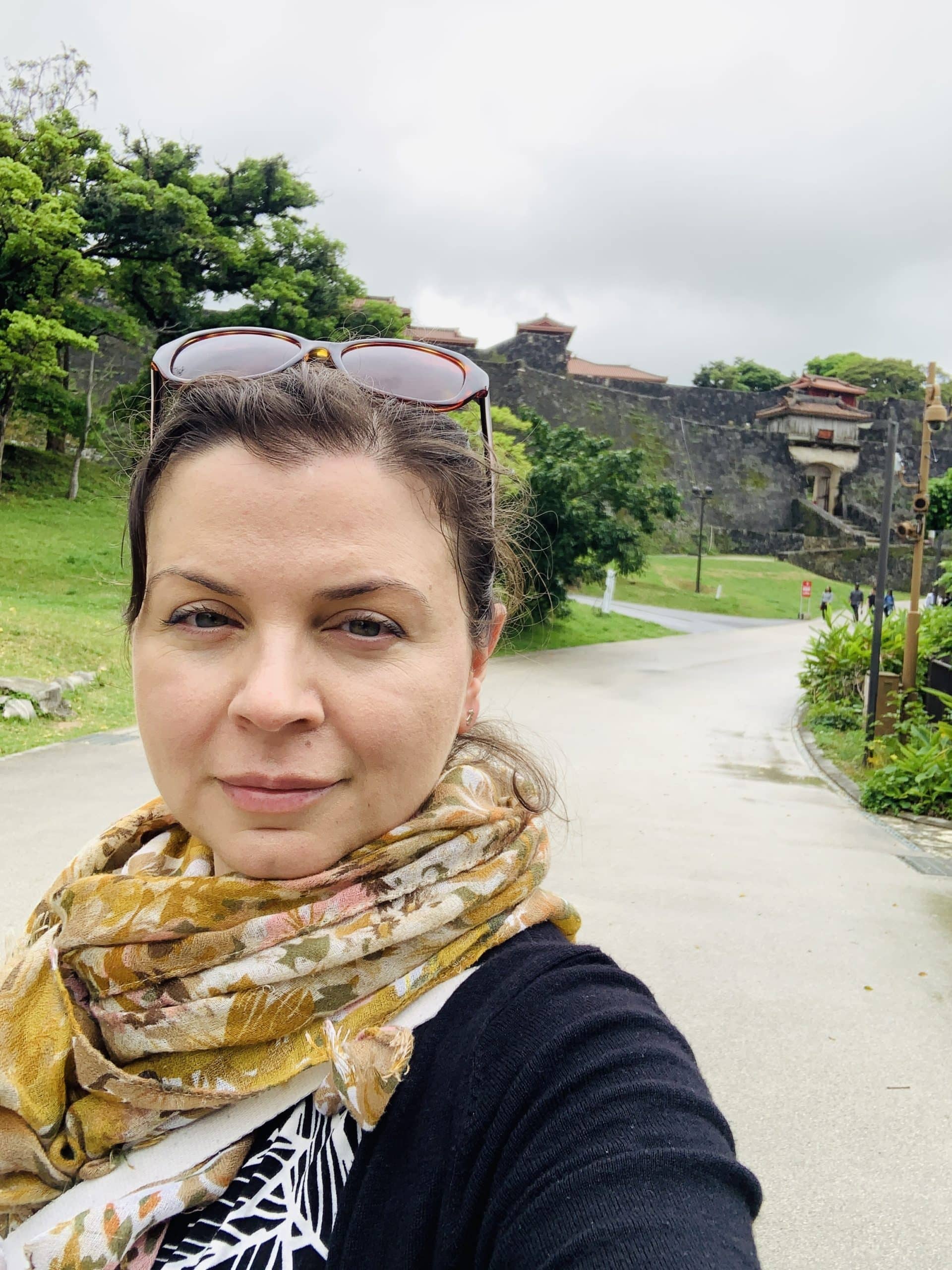
Daniela Nasteska
Diabetes researcher
Being a writer or a scientist? That was the question. The 7-year-old Daniela decided that she is going to…
New
Most Popular
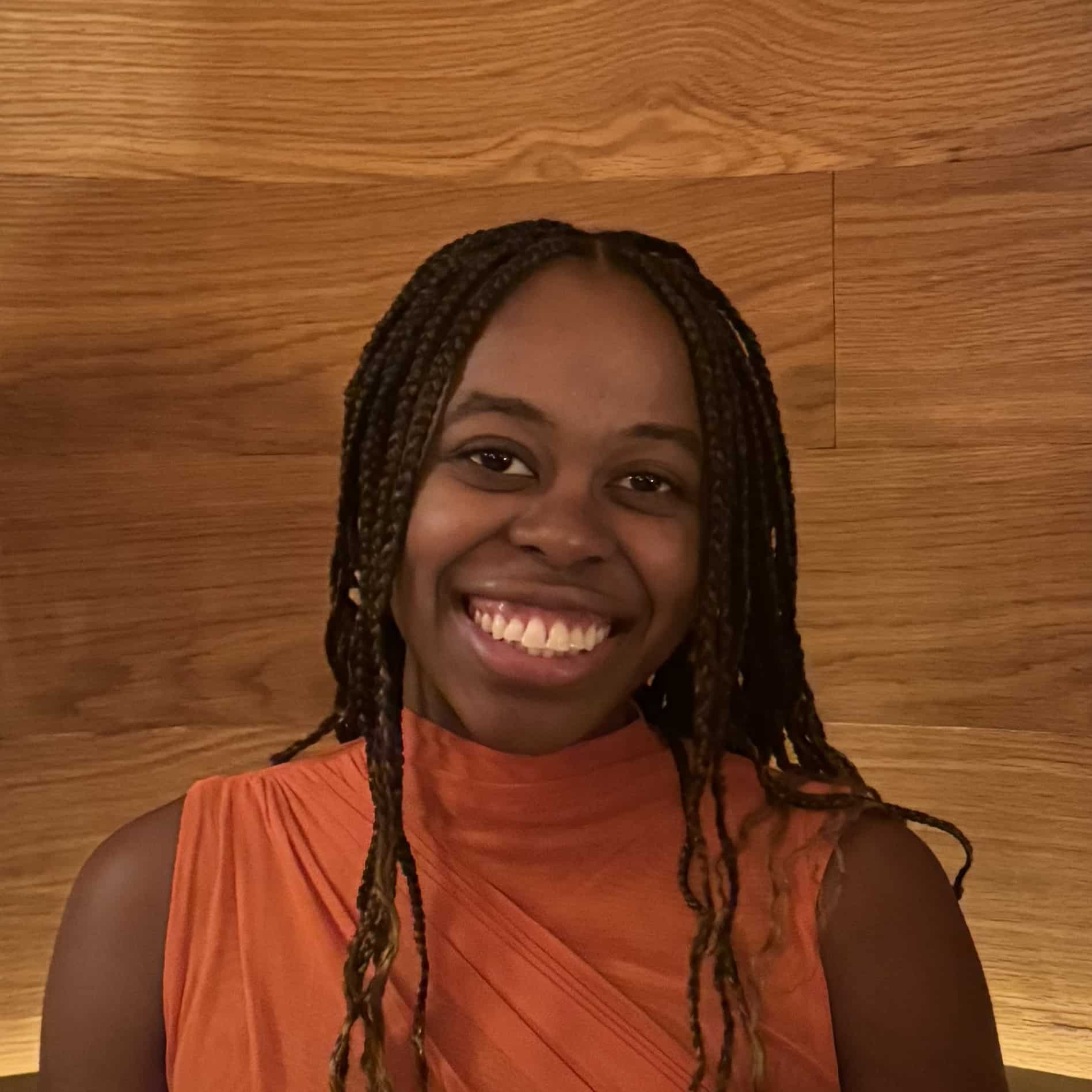
Emma McMillian
Computer Scientist Hello, I’m Emma! I’m a PhD student at the University of Oxford in the Department of Computer…
New
Most Popular
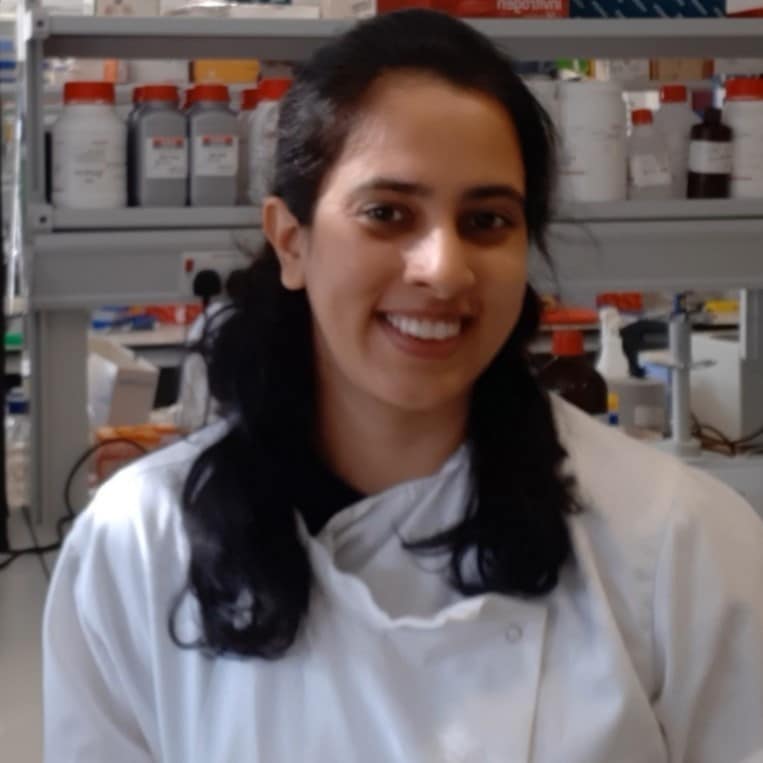
Tanya Singh
Brain Scientist Hi! I’m Tanya, a neuroscientist at University of Oxford. My job is to figure out what happens…
New
Most Popular
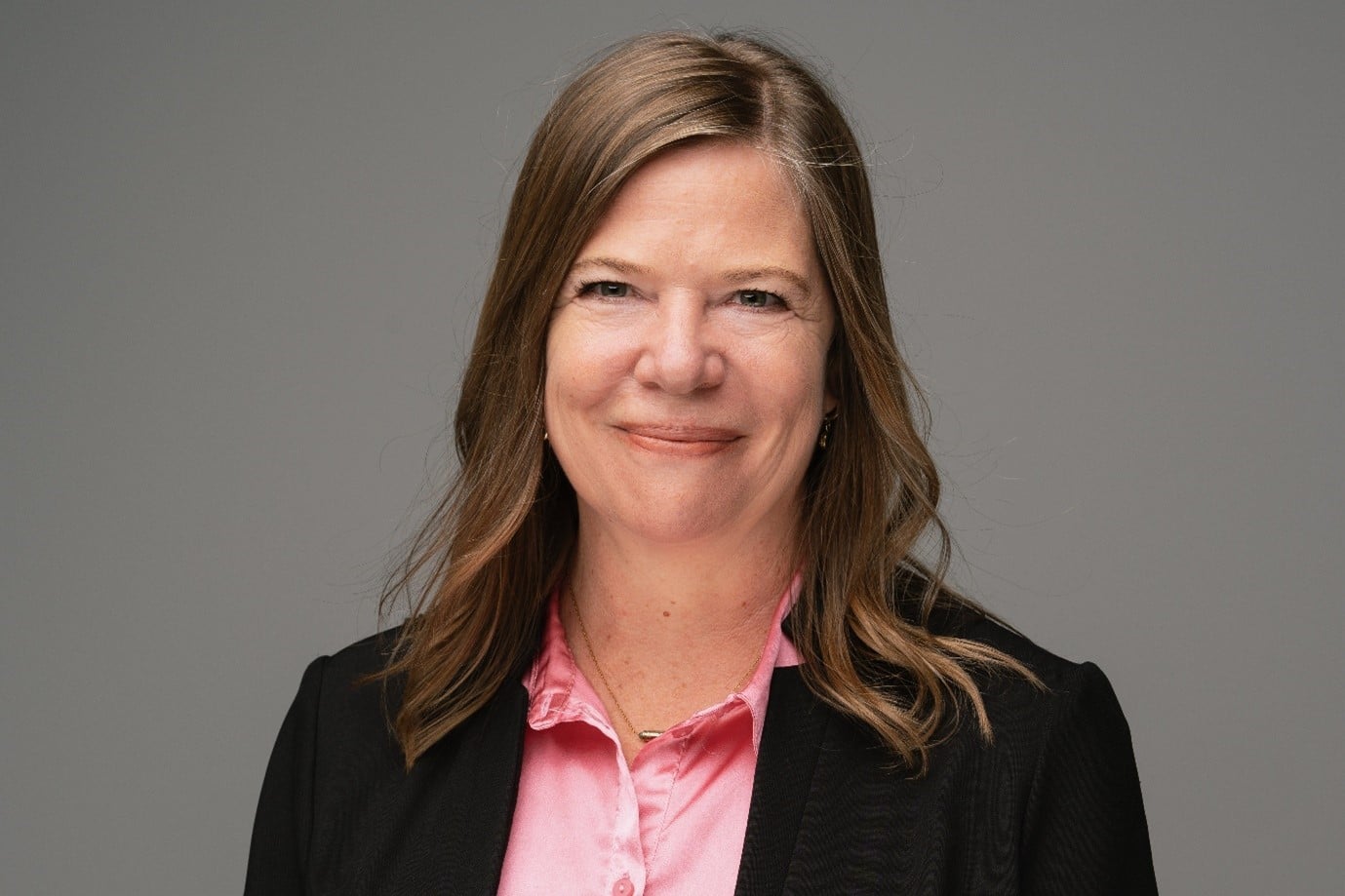
Paula Sheppard
Evolutionary Anthropologist
I am interested in families. My work is fairly interdisciplinary, meeting somewhere between biological anthropology, demography, and health. From…
New
Most Popular
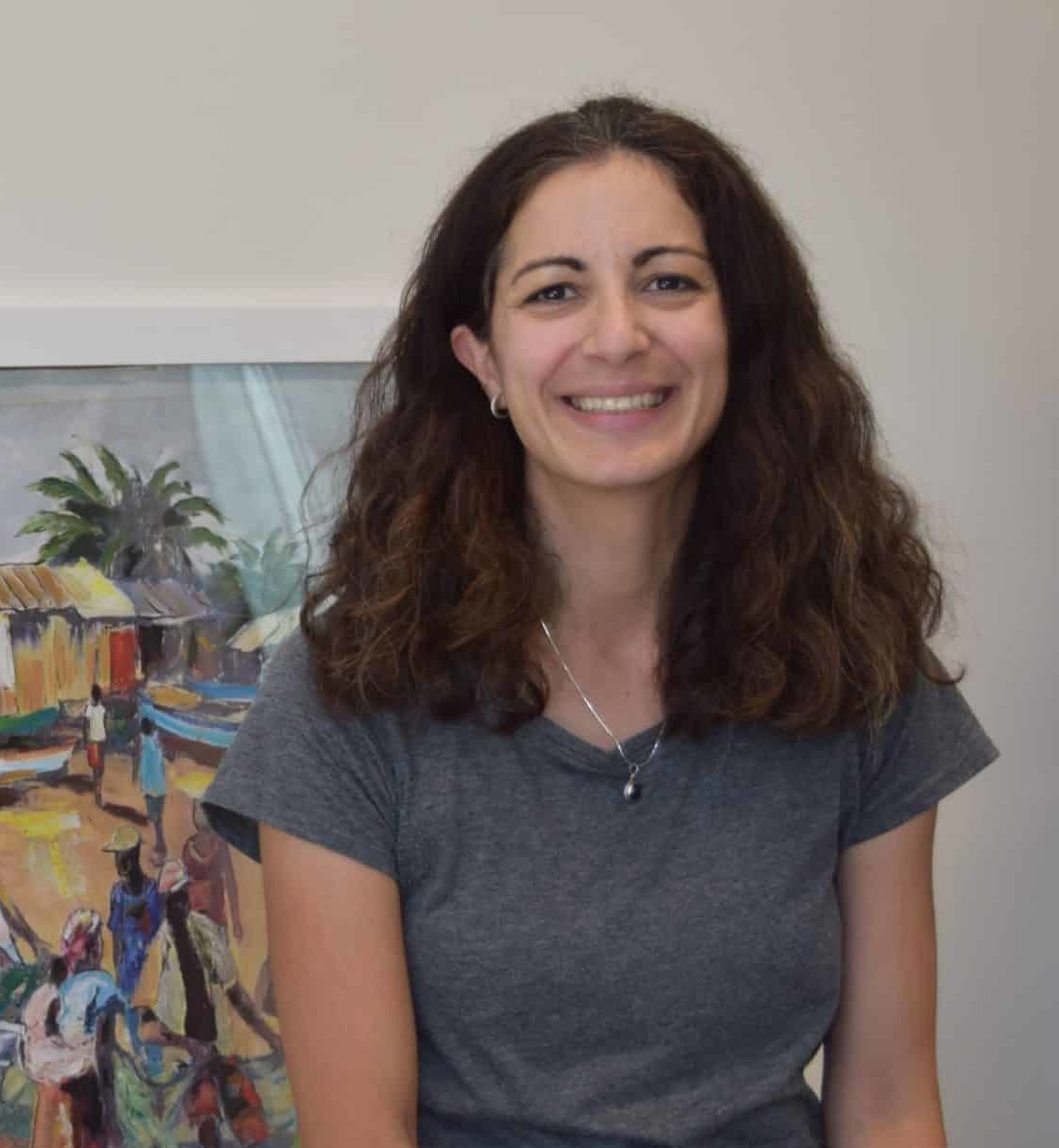
Goylette Chami
Infectious Disease Epidemiologist
My research aims to improve the lives of individuals at risk of lifelong diseases from infectious causes, focusing on…
New
Most Popular
